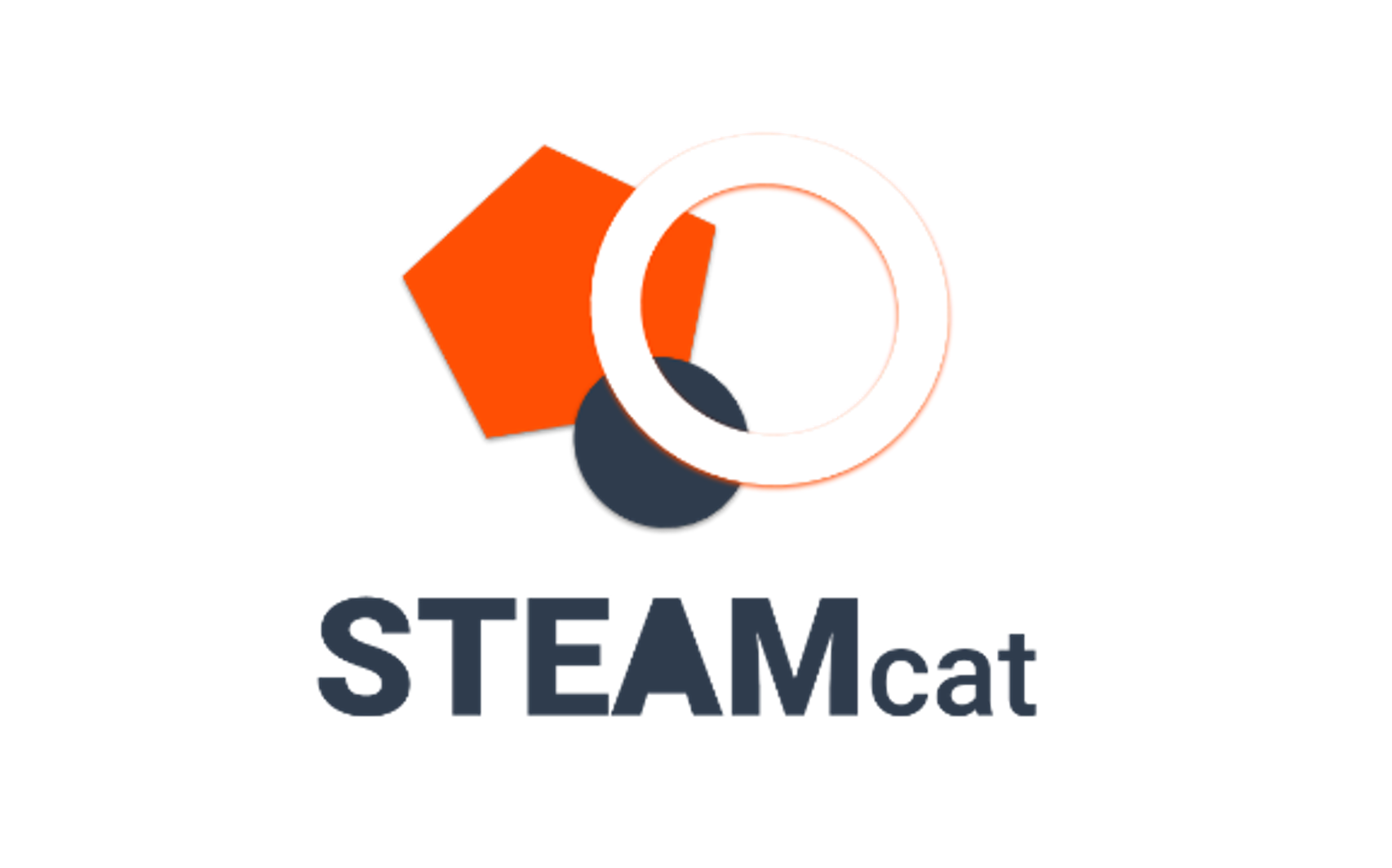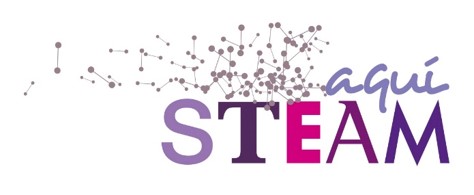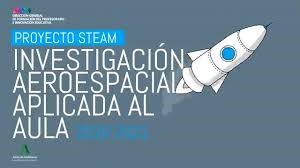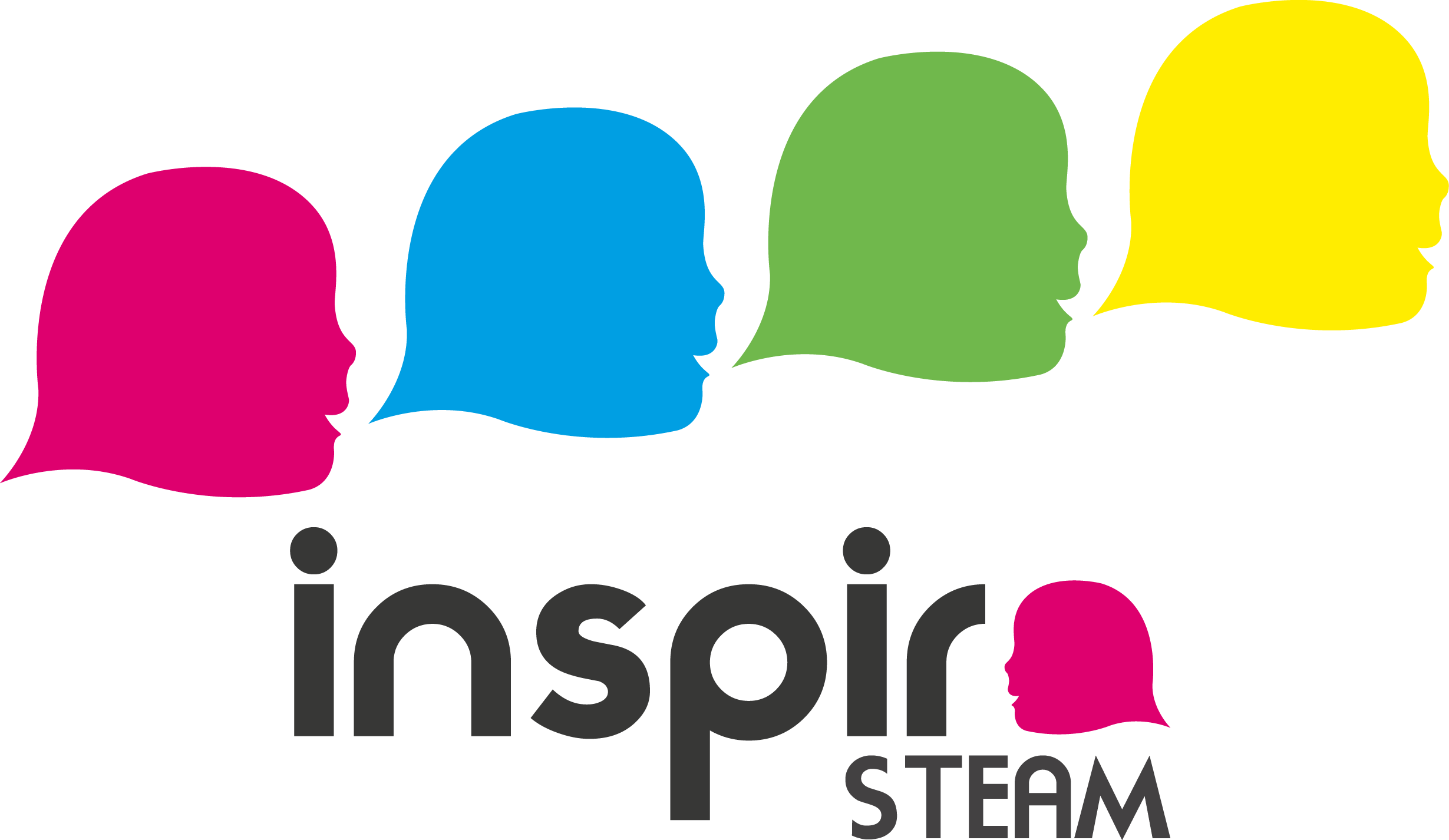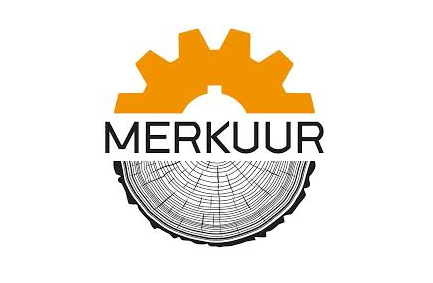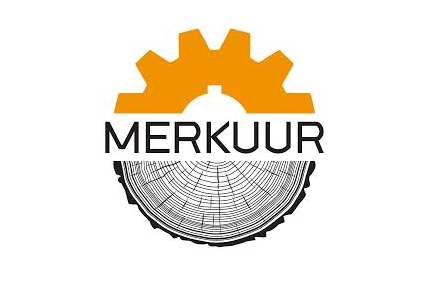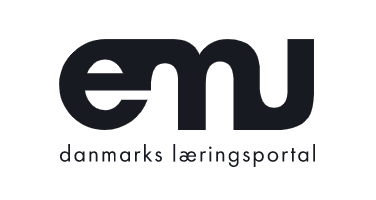The Education Test
“The Education test” is a research-based test that aims to inform young people or pupils about educations and professions within STEM. It takes about 10 to 15 minutes to complete. The test result provides the pupil with information about his or her personality traits, how he or she learns best, and suggest some STEM occupations that fits their personality.
“The Education test” is a research-based test that aims to inform young people or pupils about educations and professions within STEM. The test was created by psychologist Helge Brovold (NTNU) and takes 10-15 minutes to complete. Based on four different factors – personality, preferred learning method, personal and professional interests, the test presents occupations within STEM that might be suitable. The test result provides the pupil with information about his or her personality traits, how he or she learns best, and suggest some STEM occupations that fits their personality. After taking the test, the pupils may discuss the result with their parents or friends, and further evaluate different studies, careers and job opportunities. The main target group are pupils in junior high school and students in high school, but the test is also used in some universities to examine the students preferred learning methods and further to adjust the teaching methods.
NCSR (the Norwegian national STEM platform) has done focus groups to learn more about how young people make their choice of education. Its findings show that most youths have little knowledge about careers within STEM and what kind of occupations are eligible after studying STEM.
The education test aims to address this by providing the pupils with new ideas about what one can study and work with within STEM. In tandem to the test, the NCSR runs campaigns in social media throughout the year to inform the target audience about the test and the importance of educational choices.
The main goal of the programme is to make the pupils reflect on their interest, personality and their learning preferences in relation to STEM. Furthermore, the goal is to make the target audience aware of the different educations and jobs within STEM. The programme aims to:
- Inspire youths to choose STEM subjects and careers
- Provide the student with ideas about education choices and occupations within STEM
- Expand their horizon when it comes to their choice of education
These objectives are aligned with the Norwegian Directorate for Education and Training’s STEM strategy – “Close to STEM” (see background documents).
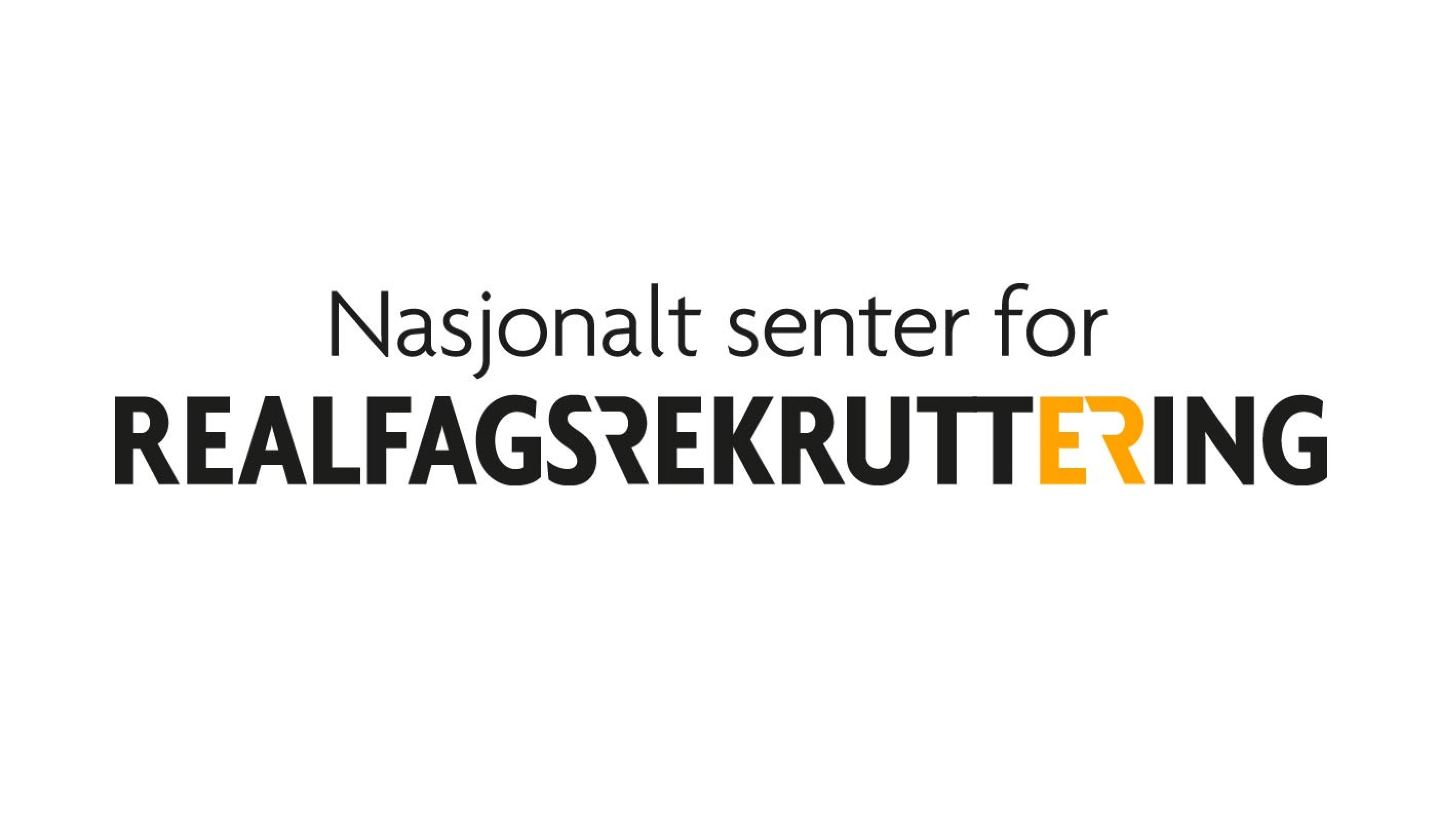
It is not possible to measure the impact of the test in isolation from other actions and activities with same or similar objectives – initiated by NCSR or from other actors. NCSR make an overall assessment of own measures and programmes every year, and decide which activities to change, adjust or end. NCSR also evaluates the general trends in STEM education and labour market in Norway and assesses the impact of its initiatives in this context.
The main target of the programme is to reach 35.000 students per year (each successfully completing the test). In 2020, the 45.000 students completed the test (significantly exceeding the target).
The programme is funded by the Ministry of Education and NCSR (fixed yearly budget). In addition, campaigns are developed in partnership with different companies and universities that want to contribute to the work within STEM-recruitment.
“The Education test” is a research-based test that aims to inform young people or pupils about educations and professions within STEM, which takes about 10 to 15 minutes to complete. The test result provides the pupil with information about his or her personality traits, how he or she learns best, and suggest some STEM occupations that fits their personality. The test is free to use and available in Norwegian and English.
The programme reaches over 45.000 students per year, providing them with a framework for reflection about their own abilities and choices related to STEM education and career paths. The programme contributes directly to the objectives of the national STEM strategy ('Close to STEM') of the Norwegian government.






